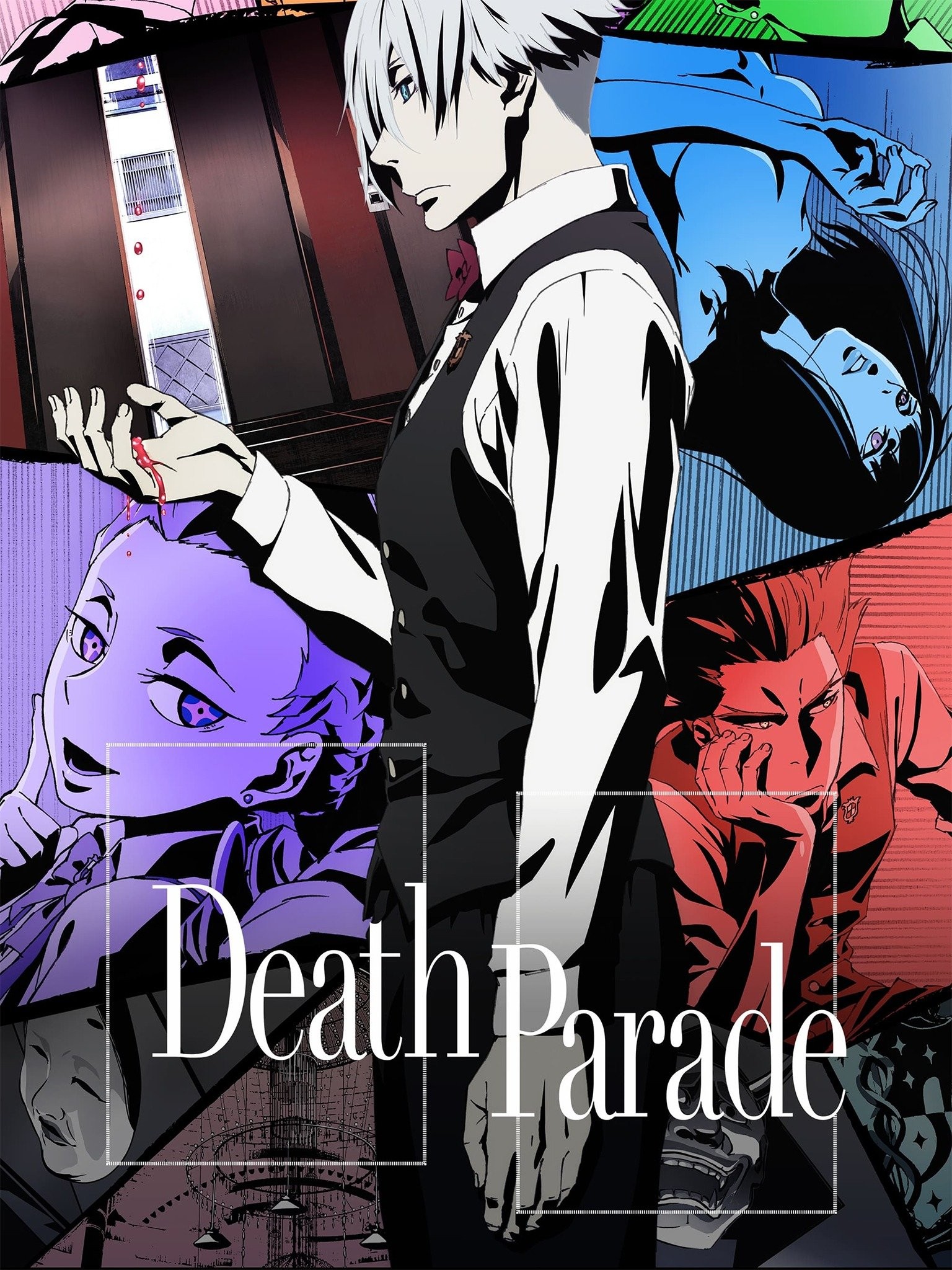
Source
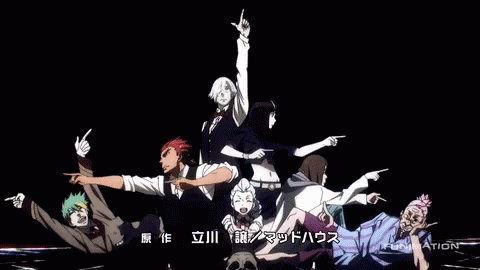
After finishing Death Parade, I kept thinking about how easily it could have been another shallow gimmick show. The premise sounds like a game of the week: two people die, they show up at a mysterious bar, and they’re forced into strange contests that secretly expose the worst in them. At first I thought it would be fun and twisted, but I quickly realized it wasn’t really about the games at all. It was about the weight of being judged, and even more, about the uneasiness of watching others stripped down to their rawest instincts. What caught me off guard is that instead of offering neat resolutions, the anime kept poking at uncomfortable questions about fairness, morality, and whether judgment without compassion has any meaning.
Balance is something this series struggles with, though. On one hand, it nails the unsettling atmosphere, with its sharp contrasts of elegance and horror, the eerie calm of Decim as an arbiter, and the moral ugliness that spills out of seemingly ordinary people when they’re pressured. On the other hand, the episodic format sometimes makes it feel uneven, because not every set of characters is equally compelling. Some episodes hit hard, leaving me disturbed for days, while others felt more like filler, repeating the same formula without the same emotional punch. I respected the ambition, but I couldn’t ignore how inconsistent the pacing was.
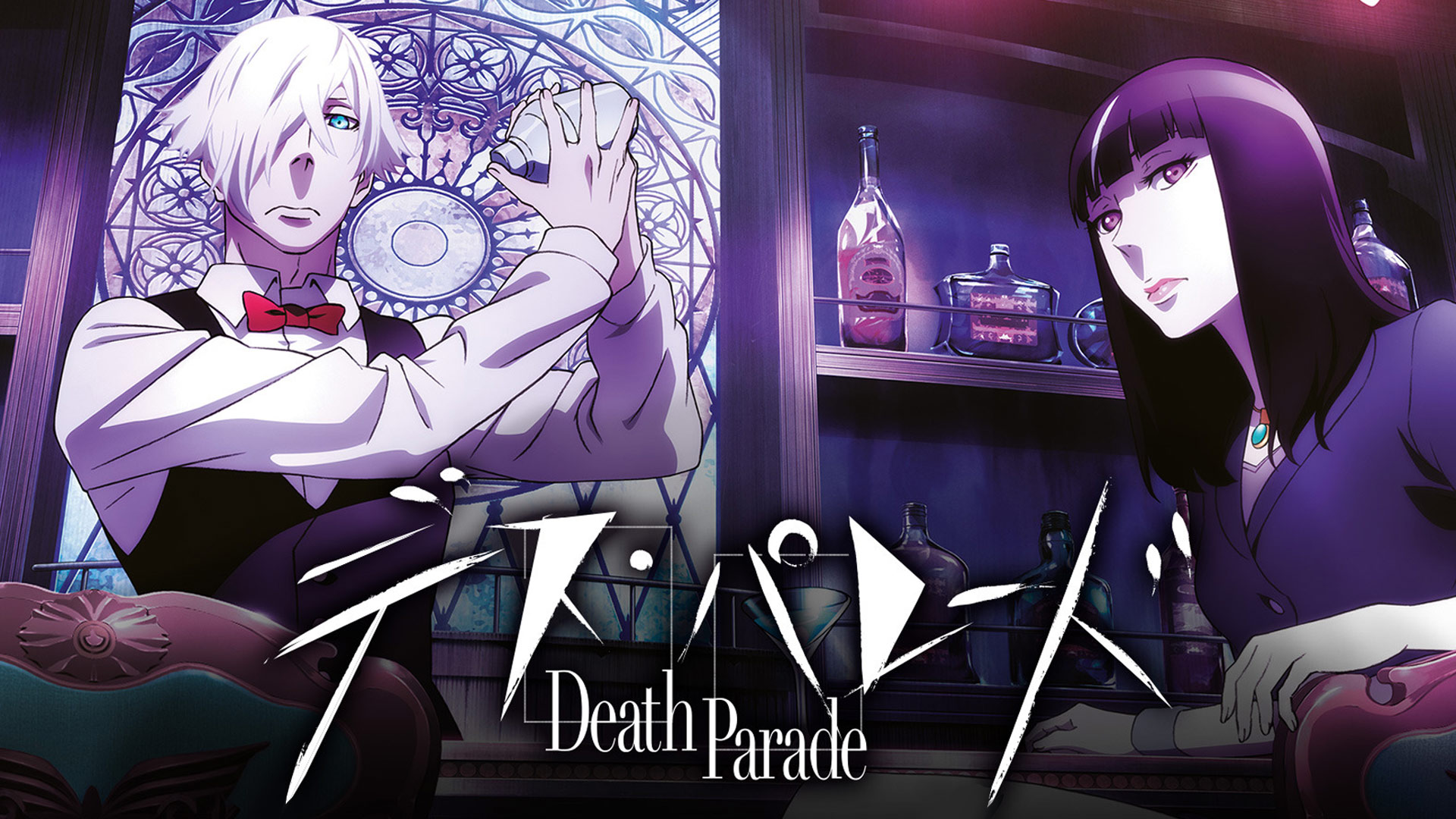
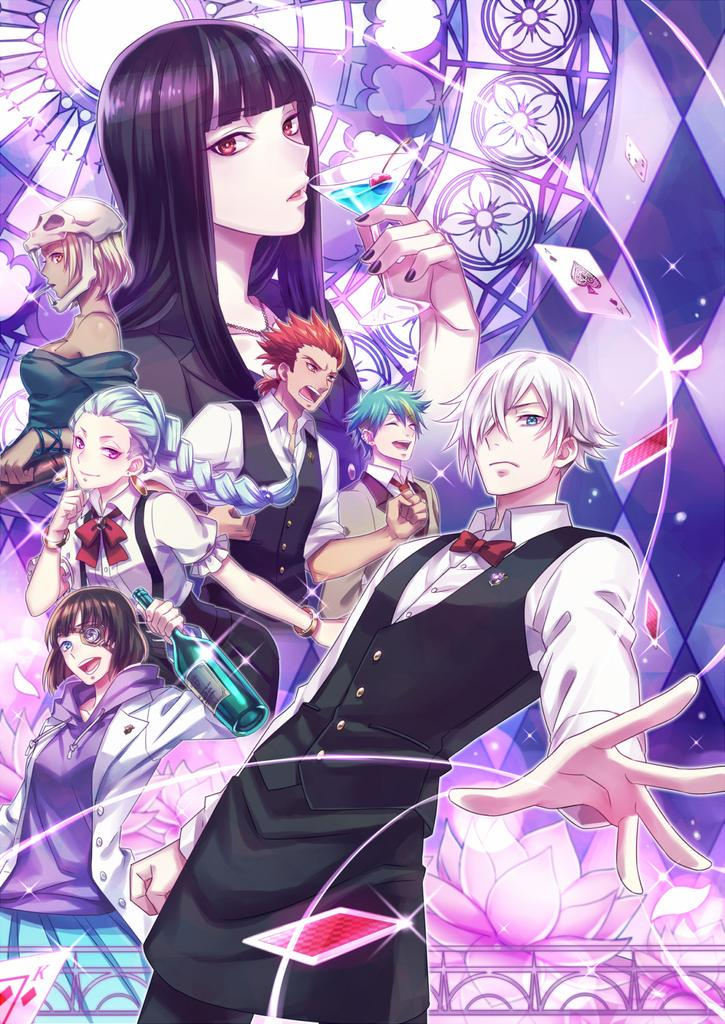
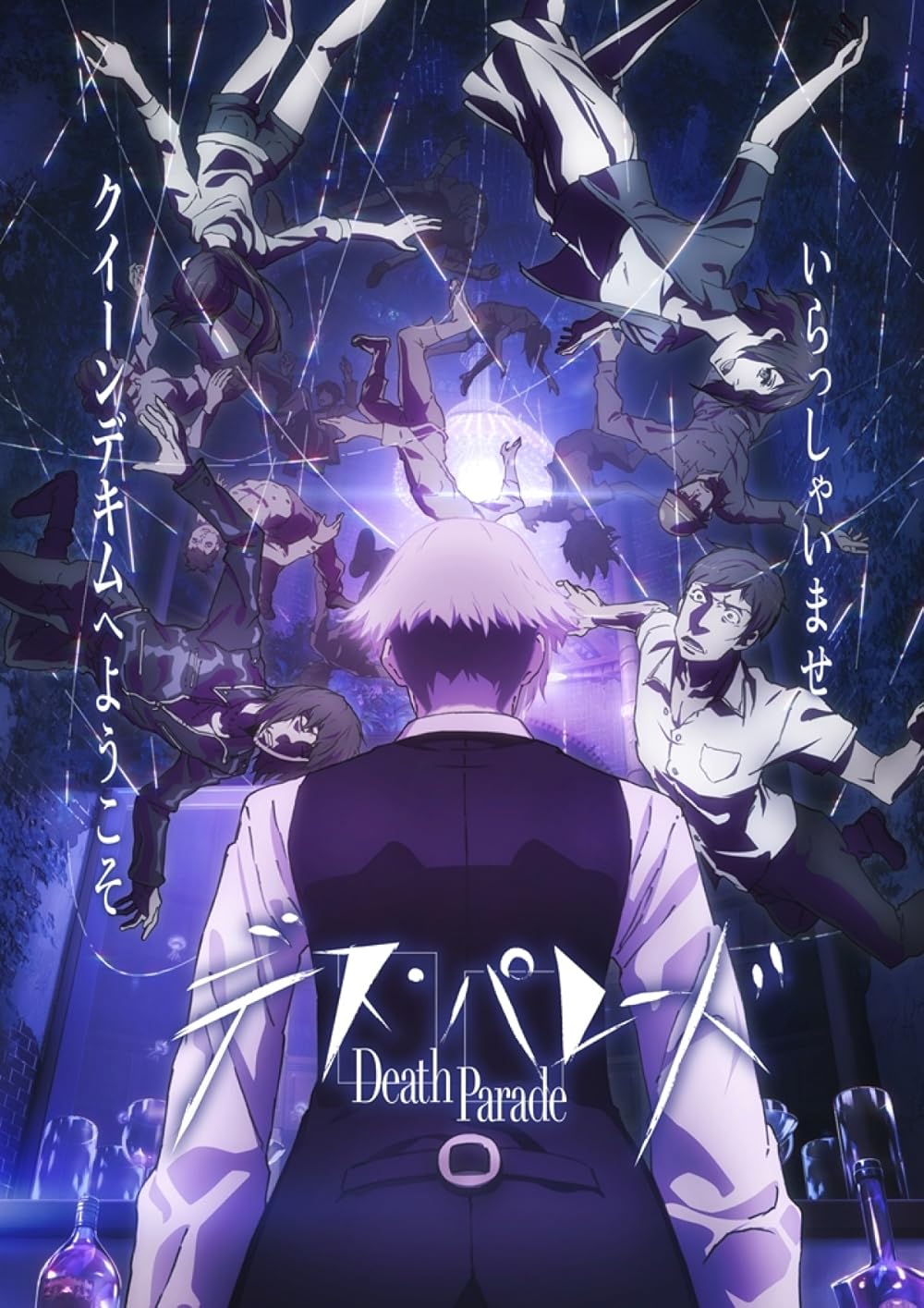
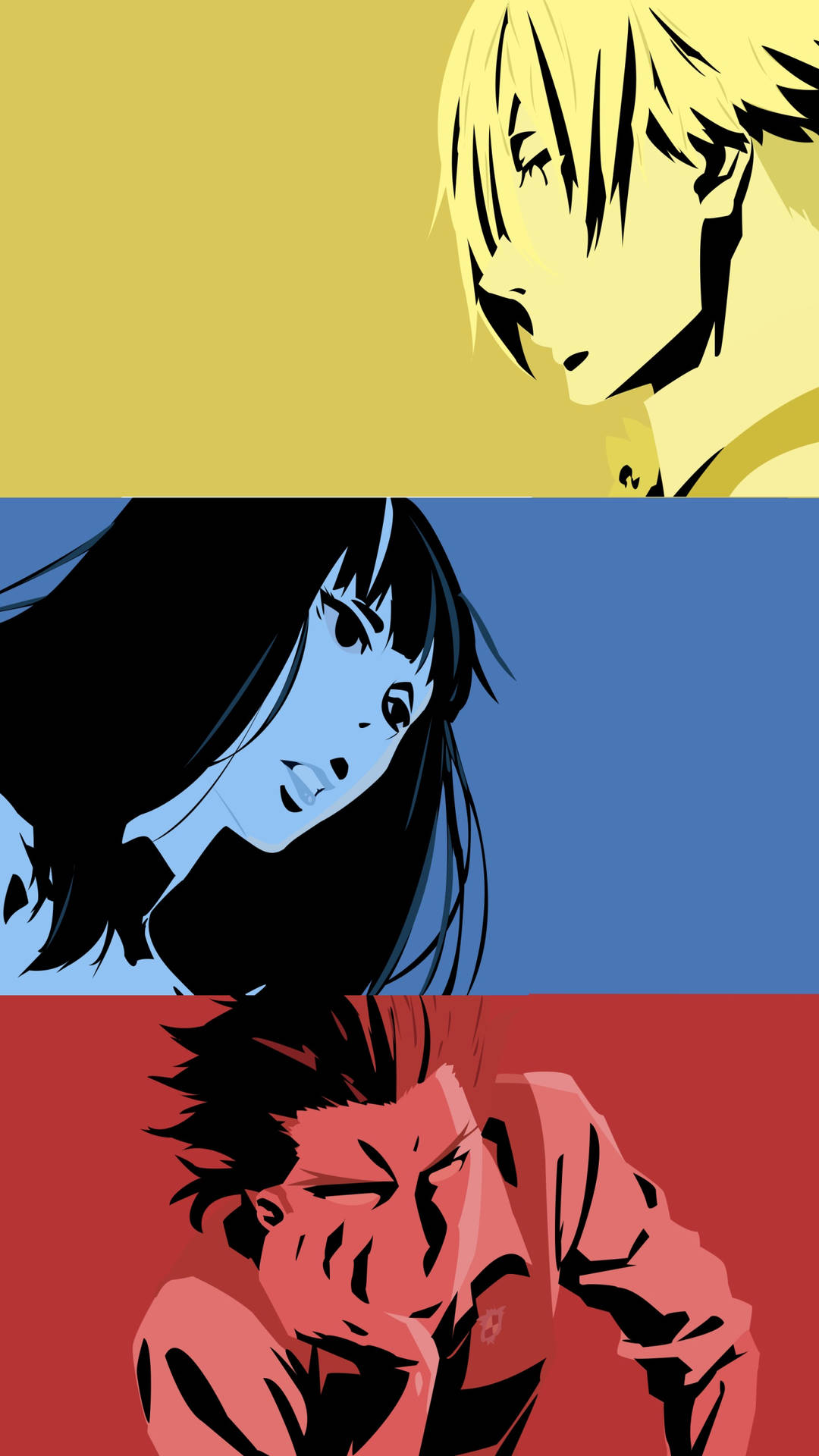
Source
Curiosity is what kept me hooked, though, especially with Chiyuki. She’s the real heart of the show, and her presence challenges the cold system Decim represents. Without her, the bar would be nothing but a sterile machine of judgment, and I would have probably tuned out. Through her, the story finally allows empathy to break through, and that’s where the anime becomes more than just a dark morality play. The problem is that it takes too long to give her the attention she deserves. For a series that only runs twelve episodes, the slow burn sometimes feels like wasted potential. I wanted more time with her and less repetition of side stories that didn’t leave a mark.
Decim himself is a strange case for me. He’s supposed to be the center, yet he often feels more like a tool than a character. I appreciated his quiet growth, the way Chiyuki’s presence nudged him toward something resembling humanity, but for most of the show he remains frustratingly flat. Maybe that was intentional, but it also meant I wasn’t as invested in him as I wanted to be. It’s ironic that a series about judgment leaned so heavily on a character designed to be nearly emotionless. The bar’s aesthetic, the symbolism, and the atmosphere did a lot of the heavy lifting where Decim should have carried more.
https://youtu.be/JSLWt-TMvE8?si=P9q5IucODOPxSWUd
Overall, Death Parade is the kind of anime that sticks with me, even with its flaws. It forced me to question my own reactions, not just to the characters but to the whole idea of justice and punishment. Still, it left me wishing it had been bolder with its structure and deeper with its main cast. It’s not perfect, but it’s far from forgettable. If anything, it proves how rare it is to find an anime willing to confront uncomfortable truths without giving easy answers. And for all the unevenness, I’d rather have that than another series afraid to take risks. Watching it felt like sitting in judgment too, and realizing how much harder it is to be fair than I’d like to admit.
https://youtu.be/jIE85s6U_RM?si=Q81kazBptnWd8X3x











